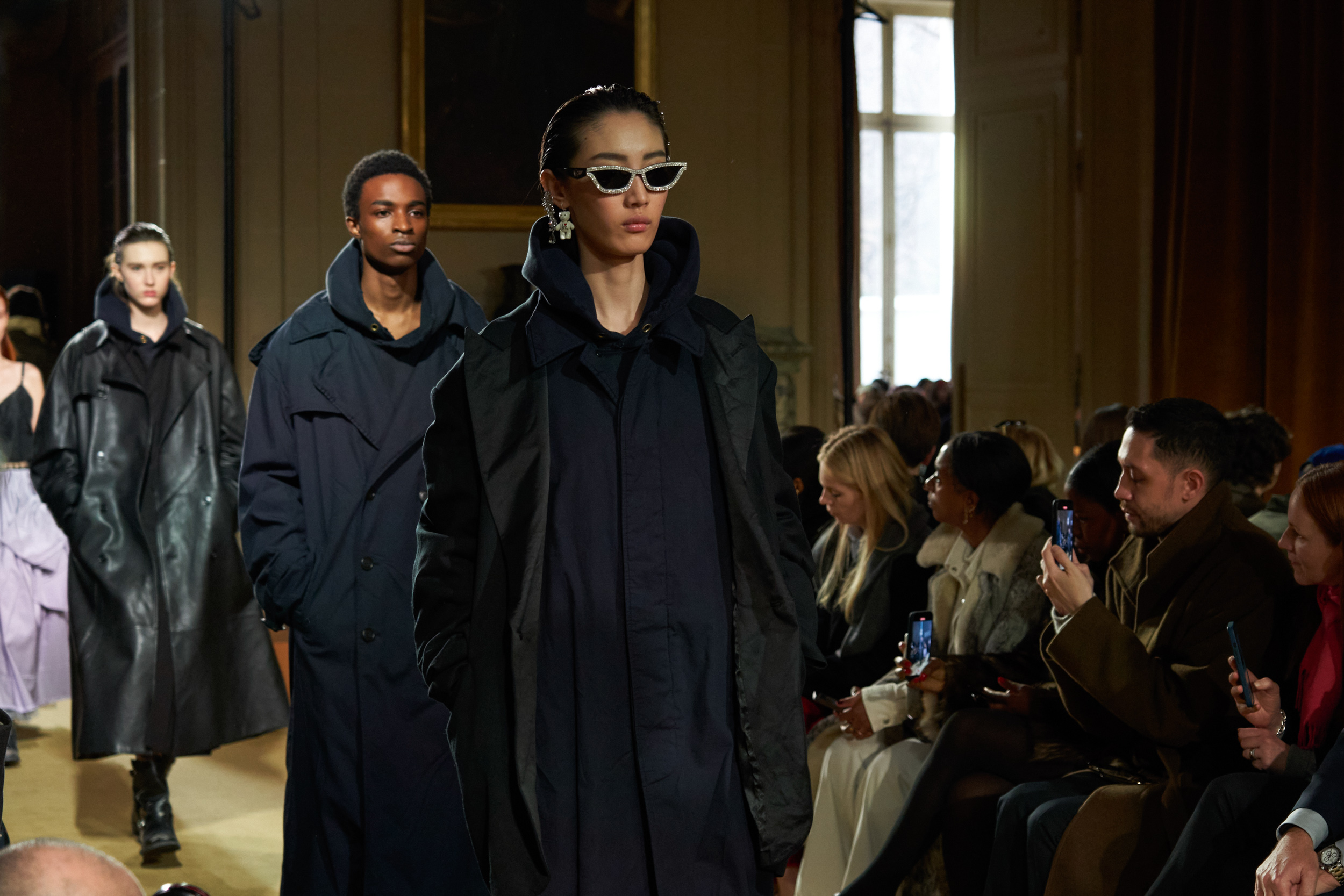Regulators cite concerns over reduced competition in the “accessible luxury” handbag market as they aim to prevent the merger of major fashion brands.
In a significant development for the fashion industry, the Federal Trade Commission (FTC) has initiated legal action to obstruct Tapestry’s proposed $8.5 billion acquisition of Capri Holdings. Announced last August, the merger would unite prominent brands like Coach, Kate Spade, Stuart Weitzman (under Tapestry) with Michael Kors, Versace, and Jimmy Choo (under Capri).
This legal challenge marks a rare intervention by the FTC in the fashion sector, emphasizing potential antitrust issues. According to the FTC, the merger would significantly reduce direct competition between the involved brands and could lead to Tapestry dominating the “accessible luxury” handbag market—a term Tapestry itself coined. This market is characterized by high-quality craftsmanship at relatively affordable prices, distinct from more exclusive luxury segments.
Tapestry’s CEO, Joanne Crevoiserat, expressed the company’s determination to contest the FTC’s claims, arguing that the merger is advantageous for consumers by fostering more innovation and offering broader product choices. Crevoiserat highlighted the dynamic nature of the fashion market, where consumer choices and new entrants continually shape competition. Despite these arguments, the FTC remains concerned that the merger could limit competitive practices like pricing, innovation, and marketing strategies, ultimately harming consumers and workers by consolidating too much market power with Tapestry.
As the case progresses, the fashion industry watches closely, aware that the outcome could reshape the landscape of global luxury fashion and influence how similar deals are viewed by regulators in the future.
